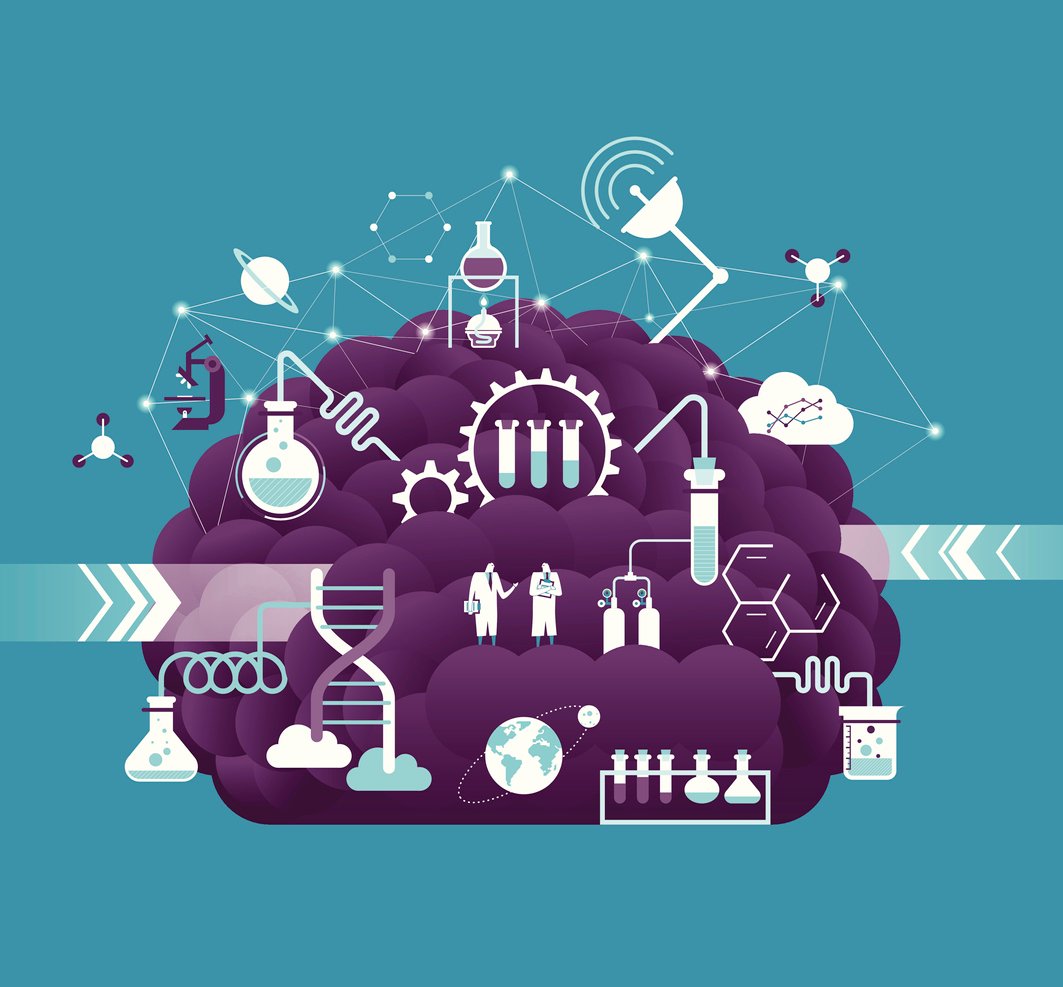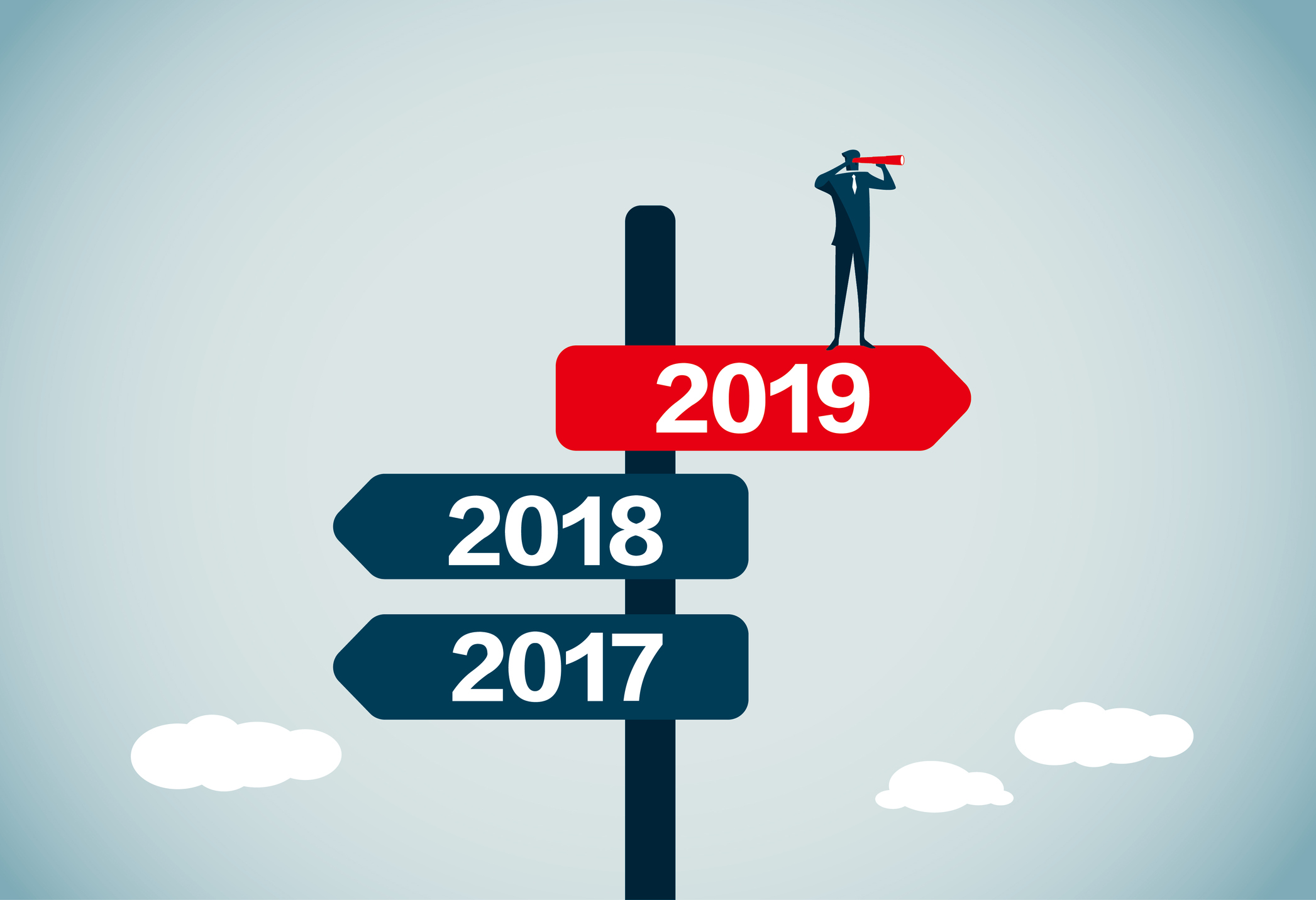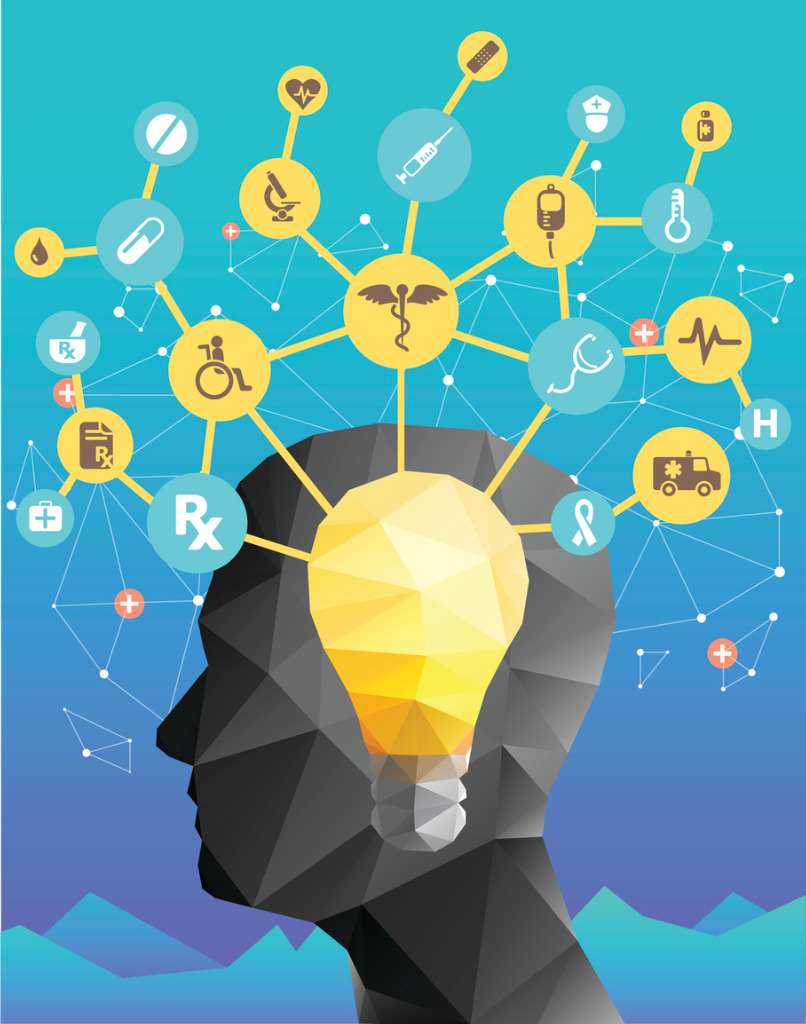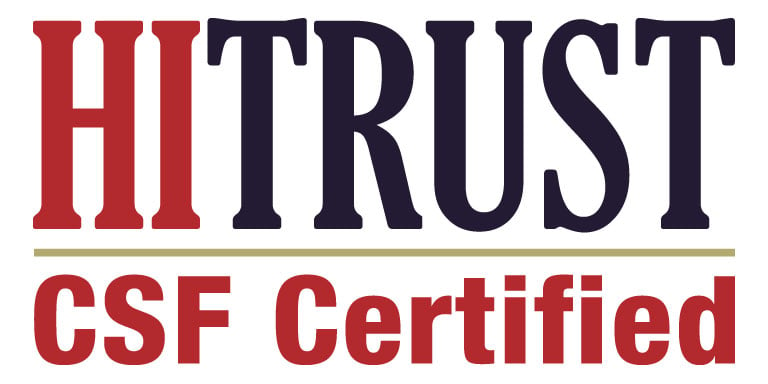This is the third in a three-part series on the impact of AI on the product development life cycle of drugs from discovery, to clinical trials and market access.
Regulatory approval of a drug does not immediately translate into premier market access or projected results. The reality is that the pressure on pharma companies from health plans and pharmacy benefit managers (PBMs) to provide evidence-based research on treatment efficacy and effectiveness before including drugs on their formularies is only increasing.
The earlier pharma companies can answer these asks, the better. The goal is...
The following is the second in a three-part series on the impact of AI on the product development life cycle of drugs from discovery, to clinical trials and market access.
The success of clinical trials relies heavily on having enough of the right patients willing and able to participate. Unfortunately, achieving the levels of recruitment necessary to conduct successful trials is difficult – particularly in cancer and rare diseases trials.
One recent survey revealed that only one in three cancer patients were likely to enroll in a clinical trial. Less than half of those surveyed viewed...
The following is the first in a three-part series on the impact of AI on the product development life cycle of drugs from discovery, to clinical trials and market access.
Biopharma companies and government funded research projects have produced stellar results over the years: from lifesaving drugs and to life improving therapies that benefit millions of patients. But these discoveries often come at a substantial financial cost and take many years to bring to market. In fact, the cost of bringing one drug from discovery to approval is currently estimated at between $1.8 and $3.0 billion.[1]
In 2017, the American Cancer Society awarded $112 million for cancer research.[1] The National Institute of Health FY17 budget for cancer research was nearly $6 billion.[2]
Pharma companies are pouring billions of R&D dollars into developing new treatments for cancer and are looking for the best ways to maximize those investments. One of the, most effective research tools available and one increasingly leveraged by biopharma is artificial intelligence (AI), used to help unlock the complex mechanisms of cancer.
Oncology is an enormously complicated field, so it’s no surprise that...
If “following the money” is the quickest path to the root of a trend, then 2019 promises to be the year artificial intelligence takes center stage in the healthcare industry.
By 2024, AI in the U.S. healthcare market is set to exceed $10 billion according to a recent Global Market Insights report.[1] As nearly eight out of ten healthcare executives who responded to a recent cross-industry survey said their organizations are ramping up investments in big data analytics and AI, it should come as no surprise that the market is truly ramping up.[2] Nearly 80 healthcare AI startups raised their...
Abraham Maslow famously said, “If all you have is a hammer, everything looks like a nail.”
With all the buzz surrounding artificial intelligence (AI), it’s tempting to view it as an all-encompassing tool that can be employed to solve healthcare’s myriad of problems. In fact, there are a number of debates taking place over what AI and machine learning (ML) can and can’t do. The reality is that there are a range of AI technologies that solve very different types of problems. There are distinct use cases for each type of AI, from advanced analytics to deep learning to causal AI. But as we begin...
We asked industry thought leaders from across the healthcare ecosystem to weigh in on their predictions, hopes and ruminations for the year ahead.
From cancer therapy to data sharing to patient apps to affordability, we share some of 2019's most thoughtful predictions.
Here's what healthcare's thought leaders are saying.
It always surprises me that when attending industry conferences, the discussions inevitably revolve around “the future” of artificial intelligence, machine learning and personalized medicine. My reaction? These innovations and practices aren’t impending, they’re already here.
It’s Thanksgiving and a good time to remember the pilgrims. Nearly 400 years ago, a hardy band of about 100 Pilgrims set sail from England on the Mayflower, heading for America. They were willing to brave the perils of the Atlantic in order to fulfill their hopes and dreams of a new life.
After 66 days at sea, they reached land and settled in Plymouth, Massachusetts, where they established a colony. But their struggles weren’t over. They faced a cold, hard New England winter and nearly half the settlers perished.
A year after their arrival, following the first harvest, the Pilgrims invited...







![2019 blog blue[3]-1](https://info.aitiabio.com/hubfs/2019%20blog%20blue%5B3%5D-1.jpg)


